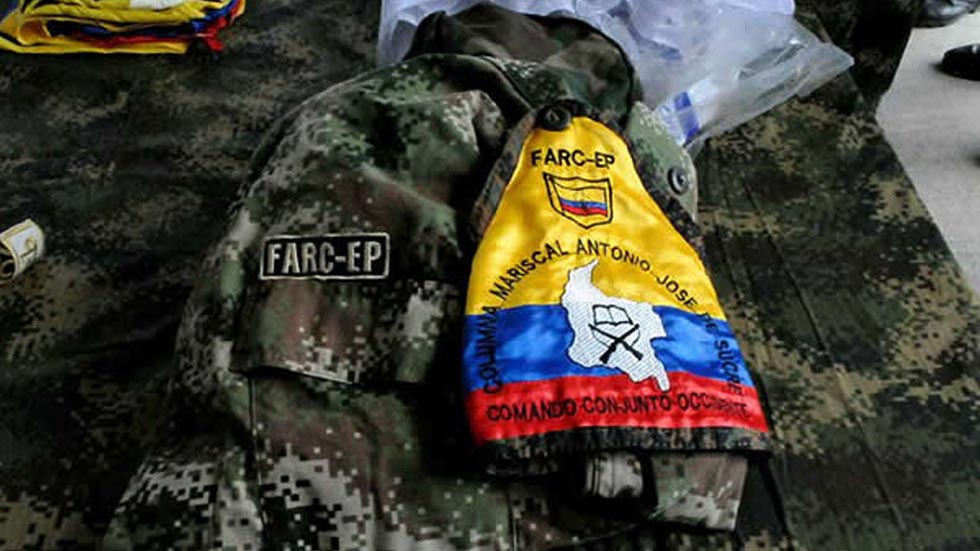While representatives of Evangelical Christians and FARC rebels announced agreement over gender-specific victim support, former President Alvaro Uribe had “constructive” talks with government peace negotiators.
Both the Evangelical Christians and Uribe represent significant minority constituencies that predominantly voted “No” in an October 2 referendum that suspended the ongoing peace process with the Marxist FARC, Colombia’s longest-living and largest guerrilla group.
Evangelicals resolve ‘gender ideology’ concerns
Liberal Party Senator Viviane Morales and her husband pastor Carlos Lucio, who both had claimed that gender-specific victim support was based on “gender ideology,” said Saturday that in direct negotiations with the FARC they had “resolved” the elusive issue.
https://twitter.com/MoralesViviane/status/792500818587033600
President Juan Manuel Santos has been negotiating directly with other evangelical pastors about the alleged affronts to traditional family values in the peace deal, but so far with unknown results.
The Catholic Church has rejected claims the peace deals included “gender ideology,” which according to the Sociology Guide “refers to attitudes regarding the appropriate roles, rights and responsibilities of men and women in society.”
However, in the aftermath of the referendum it became clear that the Christians’ concerns were mainly about guarantees for equal rights for LGBT victims included in the peace deal.
Uribe reincorporated in peace negotiations
In spite of being the most prolific opponents of peace with the FARC, Santos virtually sidelined Uribe for weeks after the referendum by prioritizing the concerns of other electoral minority groups while dismissing key proposals of his predecessor as “unfeasible.”
How Santos sidelined Uribe to push Colombia peace process forward
However, following the first round of post-referendum negotiations with the FARC over civil society concerns, the government’s chief negotiator Humberto de la Calle and Peace Commissioner Sergio Jaramillo met Saturday with Uribe and his allies.
After seven hours of talks about “we talked about political eligibility [of demobilized FARC members]. There was an extraordinarily long discussion in a positive atmosphere,” De la Calle said after the meeting that will continue on Monday.
“We welcome the constructive and positive tone of the meeting. We reached coincidences, progress in terms of the integrated rural reform, political participation and we opened a broad debate in regards to the issue of political eligibility,” said Oscar Ivan Zuluaga, the director of Uribe’s Democratic Center Party.
Whether the talks’ between Monday and Wednesday will be equally “constructive and positive” remains to be seen, because the negotiators will be discussing the transitional justice system that Uribe wants scrapped from the peace deal altogether.
Uribe formally presents proposals to revive Colombia peace deal
The government negotiators on Thursday are expected to return to Havana to present possible compromises with the hard-line conservative opposition to the FARC, which so far has dismissed Uribe’s far-reaching proposals as attempts to “stall” the peace process.
Once the Santos administration feels it has reached a broad enough consensus on the peace deal, the president can either present the amended peace deal to Congress or call a new referendum.
Both forms to ratify the deal would resume the FARC’s demobilization and disarmament process that had begun just days before Colombia’s voters struck down the deal with a razor sharp margin.
Until then, the FARC, the UN and the Colombian government have agreed to create pre-demobilization camps where demobilizing guerrillas will be sheltered and fed until the peace process is resumed to avoid guerrilla desertion to other illegal armed groups or violent outbursts by illegal armed groups vying for the territories until recently controlled by the guerrillas.


